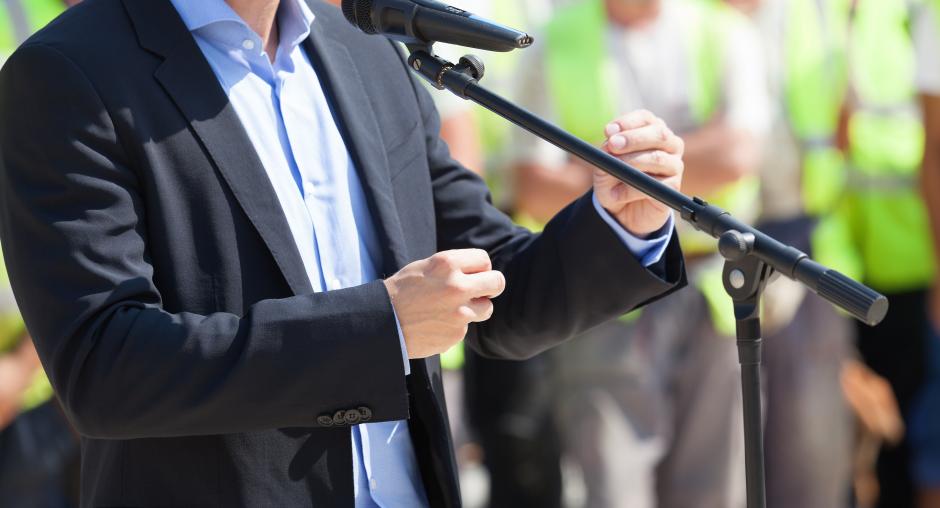Genuine campaigning and public debate are vital for democratic elections, OSCE human rights head says

WARSAW, 7 April 2020 – A genuine campaign and real public debate are just as important for democratic elections as the opportunity to vote, said the Director of the OSCE Office for Democratic Institutions and Human Rights (ODIHR), following a vote in the Polish parliament on amendments to the electoral legislation ahead of the presidential election planned for next month.
Late in the evening of 6 April, the lower house of the Polish parliament approved a draft law to enable postal voting for all eligible citizens and to introduce other changes to the election code in a process that provided limited possibility for a meaningful debate on changes that could have wide-ranging consequences for Poland’s democratic system.
“Genuine elections require an authentic campaign in which voters can hear the programmes and opinions of all candidates in order to make a well-informed choice,” said ODIHR Director Ingibjörg Sólrún Gísladóttir. “The current limitations on public gatherings due to the pandemic make campaigning close to impossible. I am concerned that if the presidential election goes ahead under the current circumstances, it may fall short of a number of international standards.”
All OSCE countries have committed to holding democratic elections, which includes not only election day itself but also the periods before and after the vote. While postal voting can be an effective way of reaching citizens who may otherwise be unable to vote, the context in which the current changes are being planned as well as their scale are of particular concern so close to the election, especially as postal voting is difficult to organize in such a short space of time. The government’s current plans would therefore require additional legal and practical considerations to ensure the ability of all citizens to make use of their right to vote, another key OSCE commitment.
“I am closely following the ongoing debate in the Polish parliament,” said Gísladóttir. “I urge lawmakers to think carefully about the consequences of their decision. They need to consider the fact that in introducing postal voting on a large scale so close to the election, it may not be possible to ensure the secrecy and equality of the vote. At the same time, exceptionally thorough preparations by the election administration would be needed to maintain public trust in the democratic institutions that have been built up over the last 30 years.”
According to the OSCE commitments, legislation should be adopted “at the end of a public procedure” and be “formulated and adopted as the result of an open process reflecting the will of the people, either directly or through their elected representatives.” The Code of Good Practice in Electoral Matters of the Council of Europe’s Venice Commission provides that “the fundamental elements of electoral law … should not be open to amendment less than one year before an election.”
While ODIHR is unable to deploy election observation missions at present following OSCE-wide travel restrictions to slow the rise of COVID-19 infections, ODIHR continues to closely follow developments regarding elections across the OSCE region.
